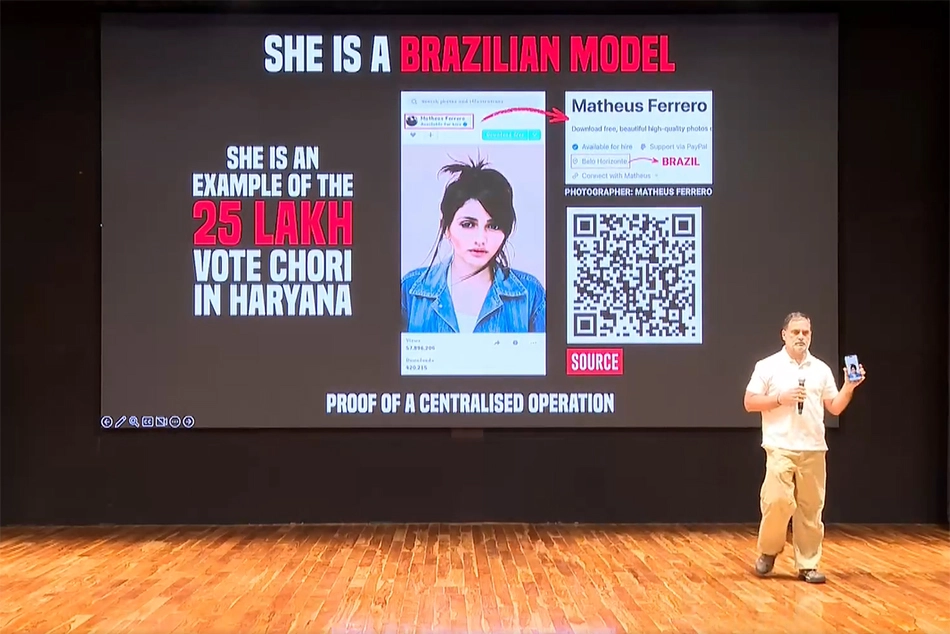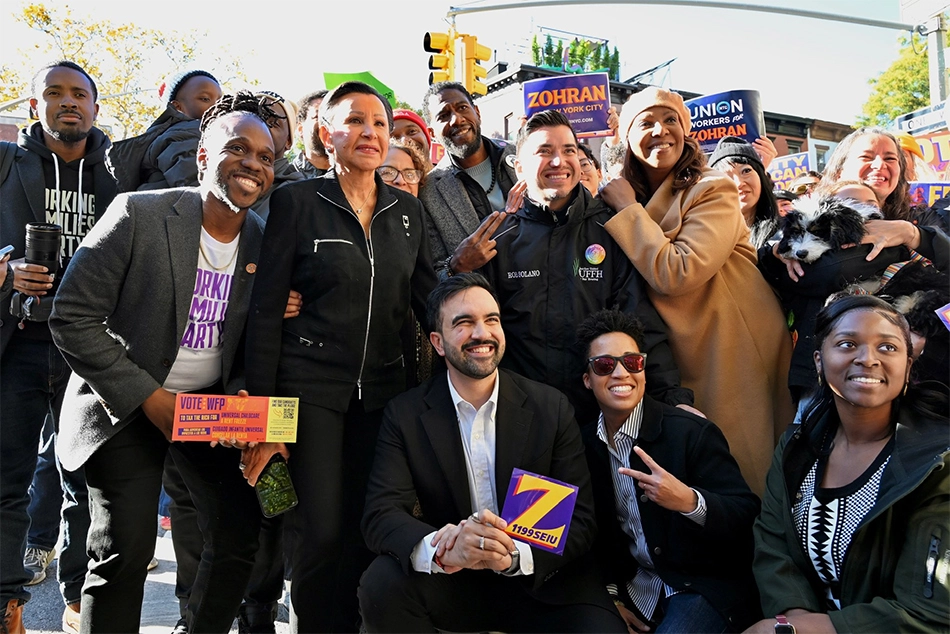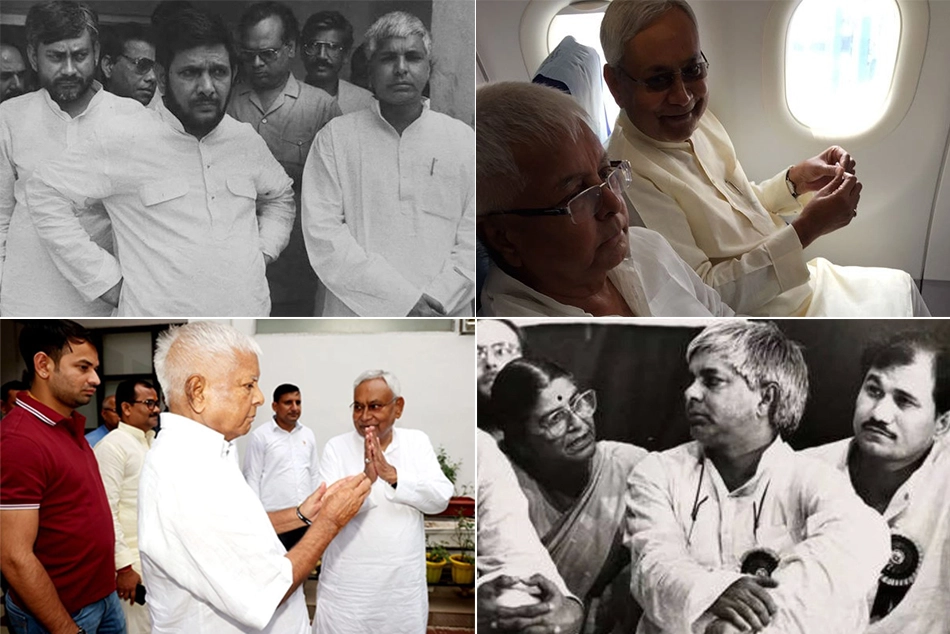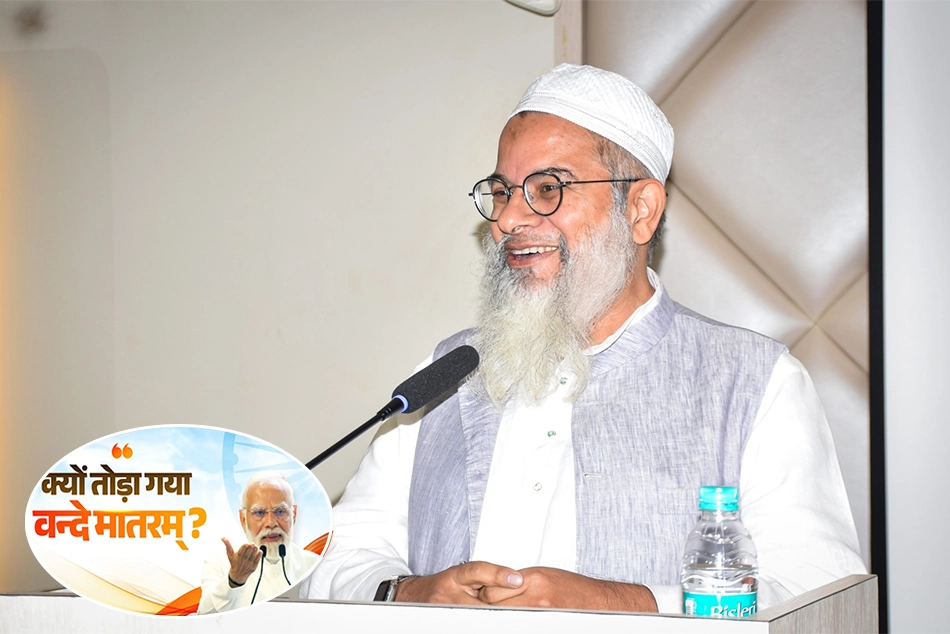
Caste Discrimination in India
A shocking case of caste discrimination surfaced in the news media at Kerala University, involving a PhD student named Vipin Vijayan and his PhD guide Vijayakumari
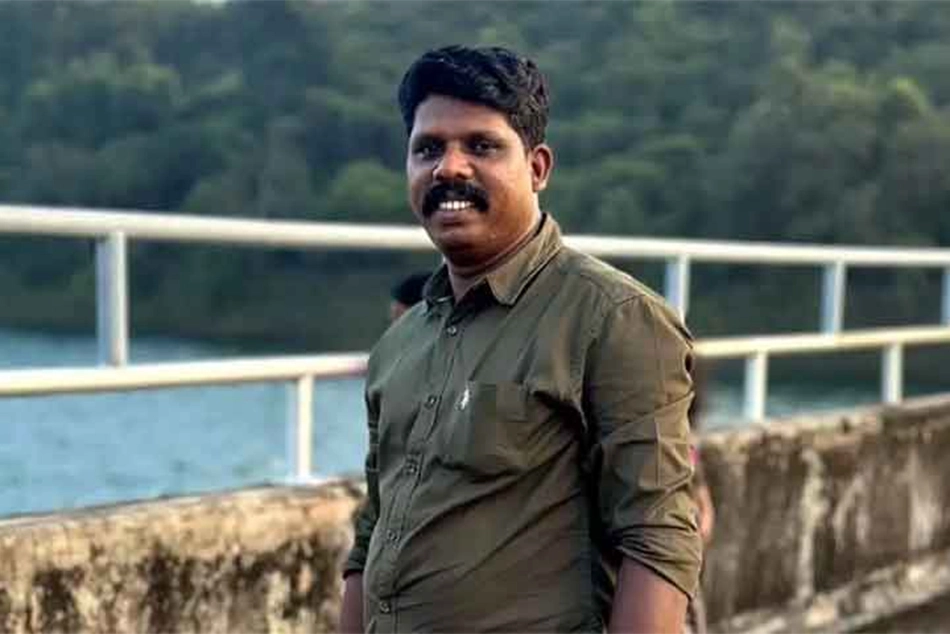
A shocking case of caste discrimination surfaced in the news media on November 4th at Kerala University. However, it gained visibility in public spaces on November 6th, involving a PhD student named Vipin Vijayan and his PhD guide, Vijayakumari, who had also supervised his MPhil in 2015. Following this a case was registered against Vijayakumari for caste discrimination.
During Vipin’s open defence for his PhD in October 2025, it is claimed that the guide has given a report to the VC stating that the student ‘does not know Sanskrit’. This particular remark by the Professor is contradictory, as she was the one who guided him for his MPhil. His MPhil certificate bears her signature as the examiner, which serves as validation of his previous research.
Didn’t she realise that he did not know Sanskrit, then, while she signed his certificate as the examiner?
This instance is enough to expose her discriminatory practice towards the student. As Ambedkar had said, “Caste is a notion, it is a state of the mind”. This instance can also be placed on how the Dalit intellect is questioned, an indirect tool through which the Savarnas practice the caste in Indian academia.
This does not end here. The student had also alleged that he had faced several instances of caste discrimination from her since his MPhil times. He alleged that Vijayakumari had mentioned that the students from the Paraya and Pulaya community, which comes under the Dalit category, have no authority to walk into the Sanskrit department of the university. By allowing this, the department had become ‘impure’ and requires a ‘shuddhikaranam‘ (meaning purification).
This itself shows how she is a person who follows the pollution and purity concept of caste. In one of the interviews given to a Malayalam news channel, when questioned regarding the issue, she kept repeating herself that she stands by “dharma‘ which itself denotes how she is aligning with the Brahmanical ideology, where each caste has its own dharma when we look deeper to its meaning. She herself is becoming the defender of caste here.
The Professor’s repeated usage of the term ‘Dharma‘ in the interview is an example of how caste discrimination finds its validation within the Brahmanical texts and practices. She is asserting her status in the upper ladder of caste in society by disguising dharma as a spiritual practice.
The word dharma has social supremacy inherently attached to it. As Ambedkar said “So long as the word ‘, dharma‘ survives, caste will survive, because caste is the dharma of the Brahmin”, here this can be related to Professor Vijayakumari’s comment as well.
What is contradictory here is that earlier women’s access to sacred knowledge was limited, particularly in terms of learning the Sanskrit language and the Vedas. Upper caste women and lower castes were largely denied access to the Vedas, as it was a marker for ritual purity. Considering the institutionalisation of gender exclusion in learning Sanskrit, one can also question Vijayakumari, a professor in the field of Sanskrit studies.
On the other hand, this is also an example of Ambedkar’s analysis of graded inequality. Although she is a woman, what gives her more power is her caste. An upper-caste woman is considered to be in a higher position in the hierarchy than a lower-caste man here, and gender is excluded. That is the oppressor who is already oppressed in her own community, is oppressing the oppressed, that is, the lower caste here. Here, the gender privilege of males is totally erased when it comes to the caste of a man.
Vipin has also stated that his guide did not allow him or the other lower caste students to enter her office. When they had to clear academic doubts, they were asked to wait outside the room, as she believed that their presence inside would ‘pollute the space’.
Hence, they were made to wait outside her room for academic correction. There were instances when the students entered, she allegedly did the ‘shuddhikaranam” to purify the ‘polluted’ space. This comes from the notion that when lower caste students enter the savarna professors’ space, they are ‘polluting’ it.
One can say that through this action, she is not purifying her room here, but rather she is ensuring the social order of caste is followed, where one sees the Savarna body as sacred and the Dalit body as the pollutant, by doing so, the norms which were followed in the past for caste pollution is maintained.
It was during his open defence for the PhD that Vijayakumari said that she would not sign his PhD degree openly. As she believed he didn’t know Sanskrit. The student alleged that this was a vendetta as he openly questioned her discriminatory practices.
Also, the fact that if he gets a PhD, he would be in the same qualification as her, which she could not accept as a Brahmin. She did not want a Dalit to get a PhD, and that too a PhD in Sanskrit. And she has mentioned it multiple times to him directly. The fact that the oppressed reclaiming the language the Savarnas used to enslave them itself is disrupting the caste order, and this, in fact, can be interpreted from here from the Professor’s statement.
The students also reported that the Professor stated on several occasions that Sanskrit is meant to be studied only by the Brahmans and the lower caste ‘do not deserve’ to study the subject. Sanskrit is always affiliated with the language of the Savarnas, and it is very much aligned with the religious notion it carries within it.
The fact that there is control over who learns this language denotes the control over the religion and power it inherently carries it. Sanskrit is considered a language that has ritual purity in it by the oppressors, and hence, access to it was denied for the lower caste and women. This is what Professor Vijayakumari is also policing, as seen in the case of Vipin. A century-old tradition can resonate with the statements she has made here.
This statement by the Professor is reinforcing the caste superiority that the language Sanskrit already carries and gatekeeping the subject within the community. This shows how one has control over the knowledge, in this case, Sanskrit, which is still guarded by the savarna gatekeepers of academia.
The core belief that this language can only be studied by the brahmins exposes how knowledge production is becoming a tool of exclusion in institutional spaces here. Like Ambedkar said, “It is not possible to break Caste without annihilating the religious notions on which it, the Caste system, is founded”. The very idea that certain castes are ‘impure’ to access sacred knowledge mirrors the Manusmriti’s framework.
Another heinous comment made by the Professor was when Vipin shared his dream of getting the “Dr” title, Vijayakumari allegedly responded to that dream by saying ‘Pulaya vaal(tail- meaning title)’ of his caste is enough as a title for him in life than a doctorate title.
Also, one has to remember that Vipin took almost ten years to come forward and complain against her, as he wanted to get a degree without facing many issues in the academic space. Hence, he tolerated everything he had to face from her by sacrificing his self-respect and fearing loss of academic progress. We just have to think about how many issues would have gone unreported by this Professor in the past years.
Most of the time, Dalit students, unlike other students, have to constantly prove their worth. Here, Vipin’s decade-long silence has been criticised and questioned by the public, but what we have to see here is that this is not his weakness but survival, where his self-respect and dignity have been traded for academic progress.
These several instances mentioned above itself is enough to describe the patterns in which she followed systemic caste discrimination in an institutional space, which raises serious questions about equality, academic integrity, and accountability at Kerala University. Vipin’s story is not an exception, but it takes us to the broader perspective of exclusionary practices in the Indian academia with respect to one’s caste and religion.
Earlier, a research scholar named Deepa Mohanan reported a case of caste discrimination from her guide in Kerala’s Mahatma Gandhi University, which had caught the national attention. From Rohit Vemula to Payal Tadvi, caste discriminatory practices continue to penetrate our academic spaces and silence Dalit, Bahujan, and Adivasi students.
The recurrence of these issues in university spaces reflects how Brahmanical ideologies remain deeply rooted in academic spaces that are supposed to be ‘progressive’. As Ambedkar said, “Education is something which ought to be within the reach of everyone; it is a fundamental right irrespective of one’s caste”.
[The writer, Shruthy Harilal, is a PhD scholar in Sociology at IIIT Delhi. Her research focuses on caste, gender, ritual studies, and social inequality.]
Follow ummid.com WhatsApp Channel for all the latest updates.
Select Language to Translate in Urdu, Hindi, Marathi or Arabic


